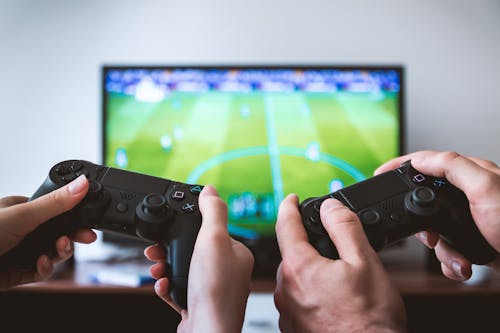It is easy for teenagers to get addicted to video games because it is an activity that most of them like to indulge in. When teenagers get addicted to video games, you may notice that they will spend less time doing other things and more hours in front of their screens.
Here are some tips to help you prevent them from getting addicted to video games
Establish boundaries on screen time
If you don’t want your teen to get addicted to video games, then you might need to set some boundaries to control their screen time. When school is actively in session, you can reduce their exposure to video games to the barest minimum so that they can focus on their academics.
Some parents might restrict their teens from accessing these video games until the weekend when they are permitted to use them for a few hours.

Provide an alternative to healthy hobbies
One of the best ways to kill a developing addictive habit is to replace it with a healthy one. If you notice that your teenager spends too much time playing video games, you can suggest some interesting and productive hobbies to them.
For instance, you can enroll them in a music or art class, or any engaging activity that will make them spend more time playing video games.
Use video games as a reward
Another strategy you can use to prevent video game addiction in teens is to use gaming as a reward. This means that when they abide by the rules or meet a particular target, you can allow them to play video games for a period.
Talk to their teachers and the school management
You can also discuss with the school management to help you keep an eye on your child. Some teenagers might sneak in some of their gadgets to school so that they can play their favorite video games when no one is watching.
When all eyes are on them, they might not be able to play video games.




